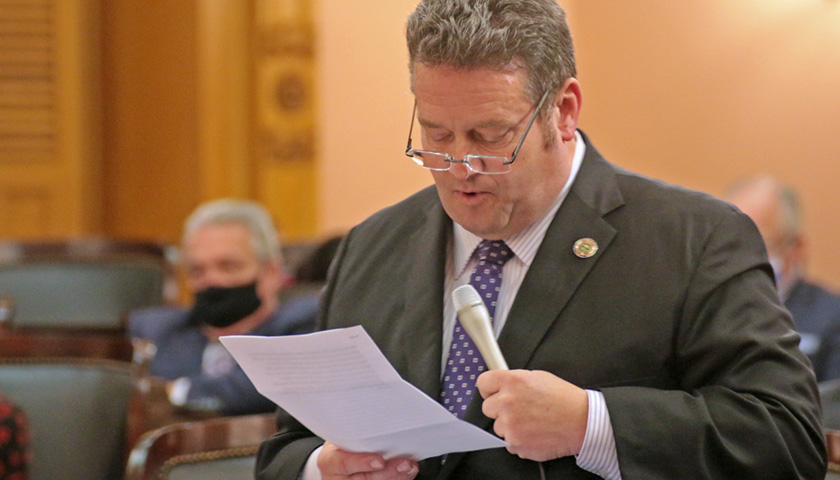Connecticut businesses will pay less for workers’ compensation insurance next year, with the state again reducing premiums paid by private employers, which regulators say reflects an ongoing decline in claims.
The Connecticut Insurance Department has approved an annual workers’ compensation rate filing for 2024 with a decrease of 9.8% in voluntary market loss costs and a decrease of 10.5% in assigned risk plan rates.
Read the full story







